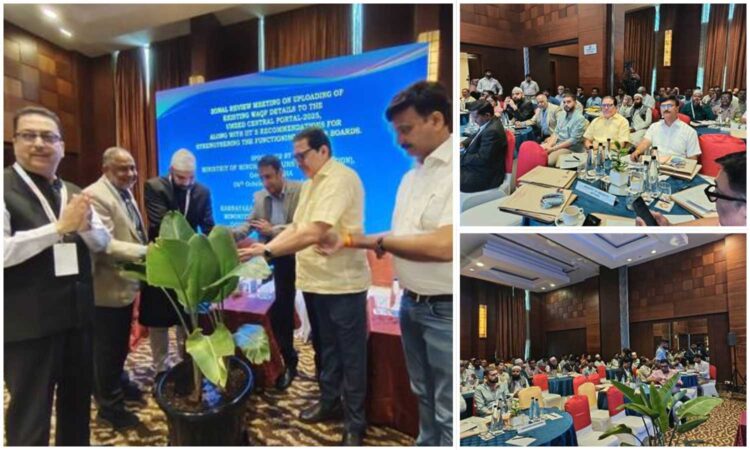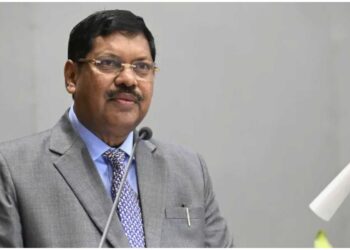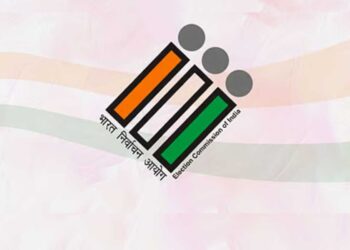New Delhi: The Ministry of Minority Affairs organised a zonal review meeting of the UMEED portal in Bengaluru with Waqf Boards from the Southern Zone. Representatives attended from Karnataka, Tamil Nadu, Andhra Pradesh, and Telangana. Officials reviewed activities on the Unified Waqf Management, Empowerment, Efficiency, and Development platform and the progress achieved since launch.
The UMEED portal went live in June 2025. Since then, all Waqf Boards nationwide must upload complete Waqf property details within six months. Southern representatives said they have begun uploading records. Moreover, they committed to expediting data entry in the coming weeks as teams streamline field verification.
Participants emphasised outcomes: efficient management, visible progress, and clear ownership of Waqf properties through a central digital system. States also requested regional language interfaces. Officials responded positively and said the portal will support various Indian languages in due course to improve local adoption.
UMEED portal to deliver multilingual access and accountable property records
The Ministry noted that the interface will become more user-friendly in the coming days. Additionally, Karnataka and other southern states shared brief updates on their Waqf Boards’ ongoing activities. Therefore, districts can align workflows with the six-month mandate and build consistent records for supervision and audit.
Senior officers attended the signing-era counterparts who guide implementation. The programme aligns with the UMEED Act, 2025, which came into effect in April this year. Under the Act, the Government of India seeks to modernise Waqf administration and unlock the developmental potential of Waqf properties for the benefit of minority communities.
Crucially, the central platform enables standardised entries for asset identity, location, and ownership. As a result, boards can resolve overlaps, document encumbrances, and track litigations more transparently. Meanwhile, a national view helps identify underutilised parcels for educational, healthcare, and community purposes.
States also stressed the need for training and helpdesk support. Consequently, the Ministry will map capacity-building sessions to data upload milestones. Furthermore, it will collect feedback to refine features and improve accessibility, including simple forms, vernacular tooltips, and step-by-step validation prompts.
The Bengaluru meeting closed with timelines for batch uploads, reconciliation of legacy records, and periodic dashboards to measure progress. In sum, the Ministry reaffirmed its commitment to digital governance and inclusive development through the UMEED portal.










